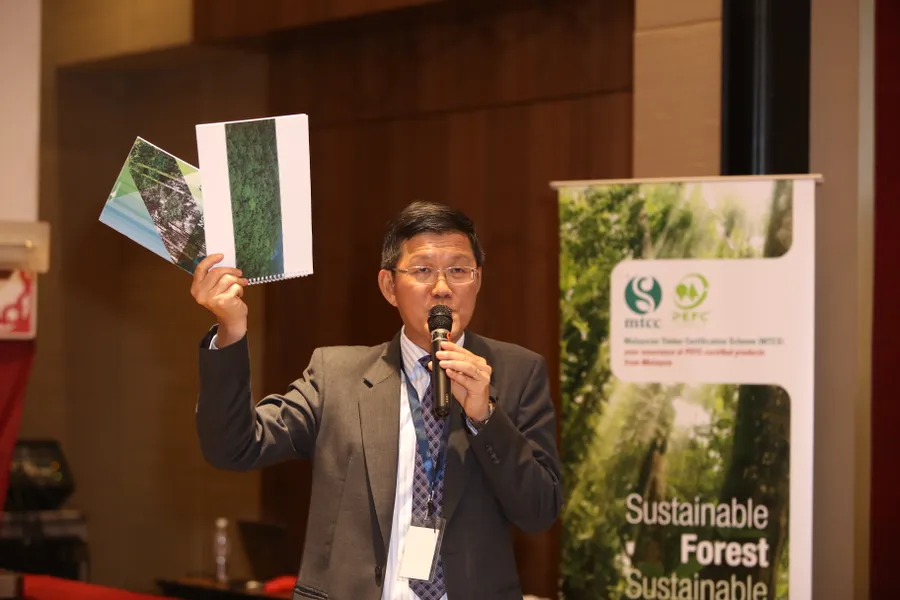International benchmarks adapted to regional needs – our national standards
PEFC national systems are developed locally, enabling our national members to tailor them to the specific ecosystems, the legal framework and the socio-cultural context in their countries. Our national member for Malaysia walks us through the development and revision of their national standard.
International benchmarks adapted to regional needs – our national standards
30 April 2020 20th anniversary
At PEFC we are convinced that one size does not fit all when it comes to forest certification. This is why we work through national forest certification systems, enabling our national members to tailor their sustainable forest management requirements to the specific forest ecosystems, the legal and administrative framework and the socio-cultural context in their countries.

National systems are developed locally, but they need to undergo rigorous third-party assessment to ensure consistency with our international requirements.
However, achieving PEFC endorsement of a national forest certification system is not the final step. National standards are reviewed regularly so we know they continue to meet our evolving benchmarks and national and international expectations.
The Malaysian national standard
The Malaysian Timber Certification Council (MTCC), our national member for Malaysia, walks us through the development and revision of their national standard over the last 20 years.
MTCC was established in October 1998 while the scheme that it implements – the Malaysian Timber Certification Scheme (MTCS) – became operational in October 2001, using the Malaysian Criteria, Indicators, Activities and Standards of Performance for Forest Management Certification (MC&I(2001)) as its first national standard.
Due to the complex ecosystem and the challenges involved in managing the rich biological diversity in Malaysia’s tropical forests, MTCC decided to take a stepwise approach in implementing the MTCS. The Malaysian standard was subsequently revised and entered into force as MC&I(2002) in 2005.
“The successful transition of the forest management standard from MC&I(2001) to MC&I(2002) was a clear testimony that the adoption of a phased approach in applying the standard was successful,” said Yong Teng Koon, National Secretary of MTCC.
“The approach has enabled and encouraged forest managers around the country to improve their management practices and documentation and build the capacity of their human resources towards managing their forest resources in a sustainable manner.”
The MC&I(2002) standard obtained PEFC endorsement in 2009.
Keep becoming better
In 2009, MTCC started the next revision process, to make its standard reflect the latest developments, emerging issues and research findings. Besides revising the standard for natural forests, MTCC also developed a separate standard for forest plantations. Both standards, MC&I(Natural Forest) and MC&I(Forest Plantations) were assessed by an independent assessor and endorsed by PEFC, and came into force in 2012.
In 2015, MTCC initiated the next revision process. In this revision, MTCC began to explore the possibility of merging the two standards to make them more resource efficient. The enquiry draft of the revised standard titled Malaysian Criteria and Indicators for Sustainable Forest Management (MC&I SFM) was finalized and adopted by the multi-stakeholder Standards Review Committee in December 2019.
The finalized standard will have to be approved by the MTCC Board of Trustees and undergo third party assessment before being endorsed by PEFC.